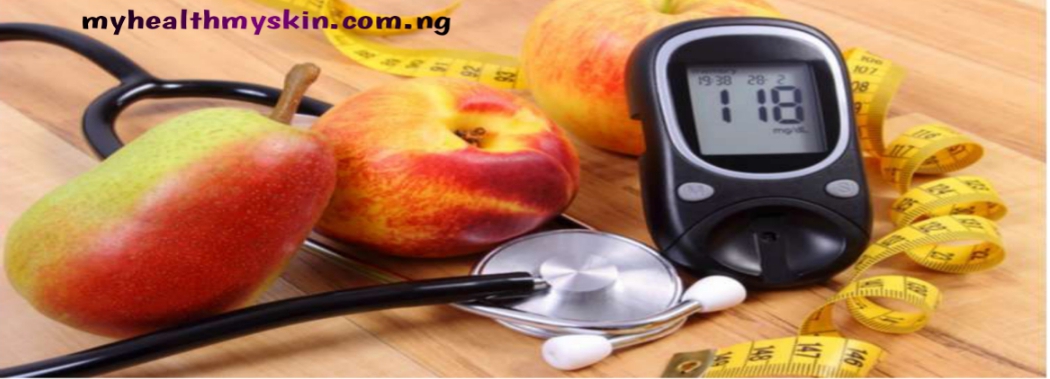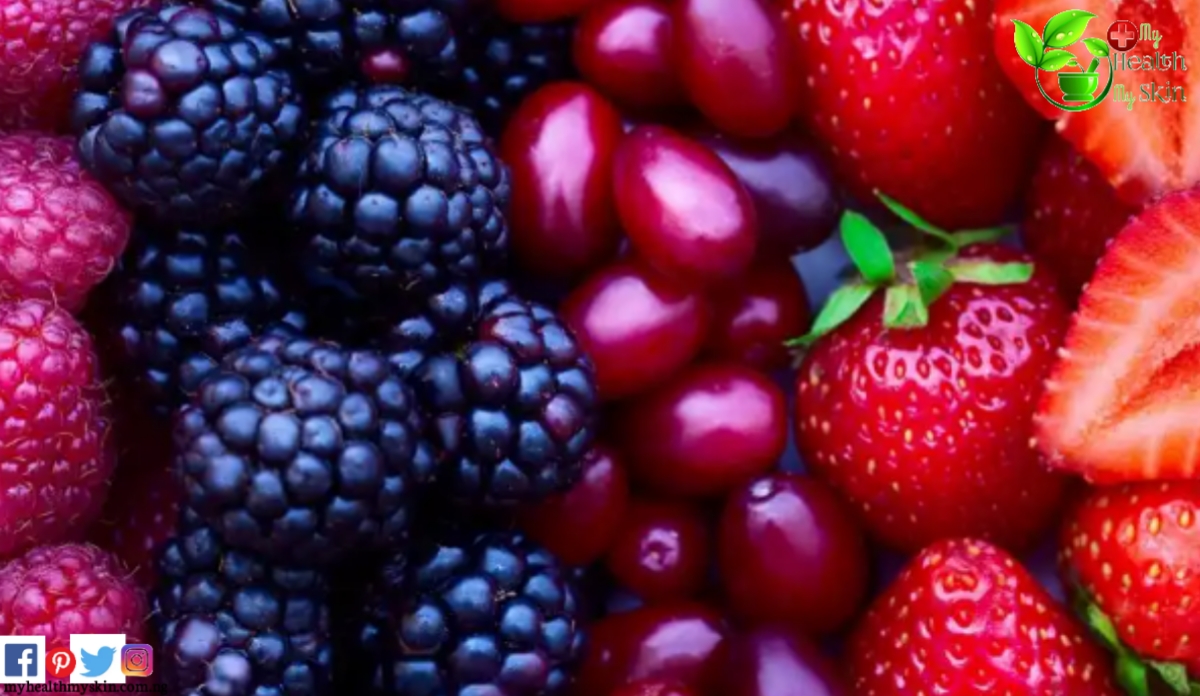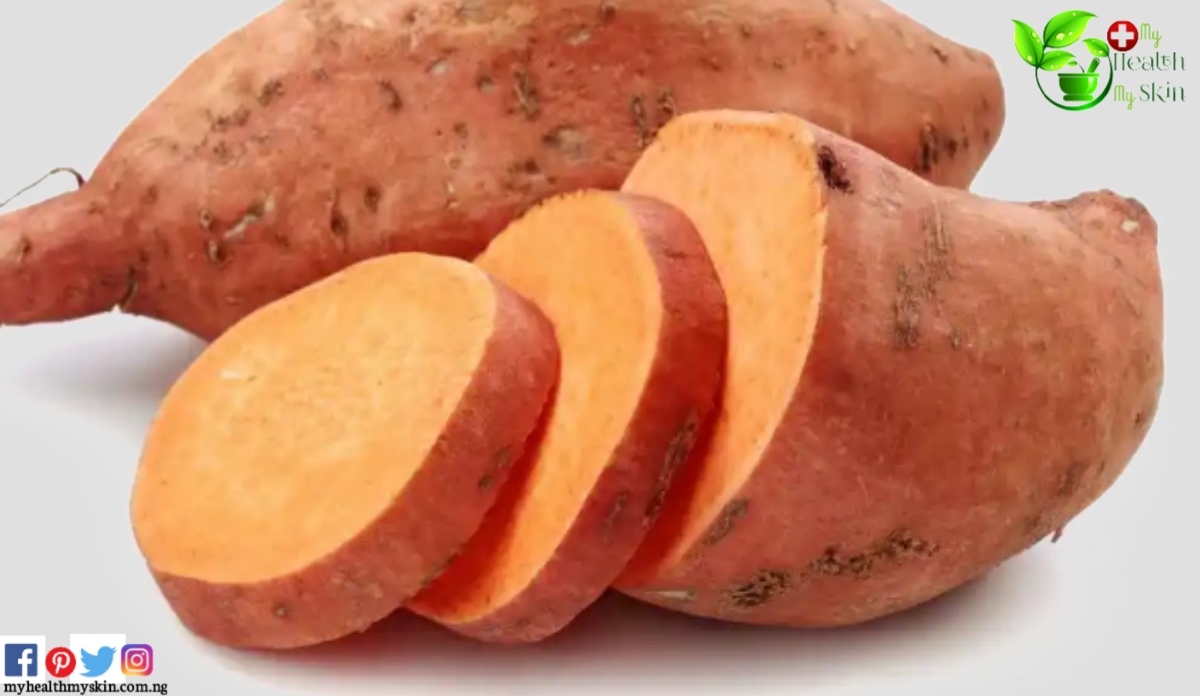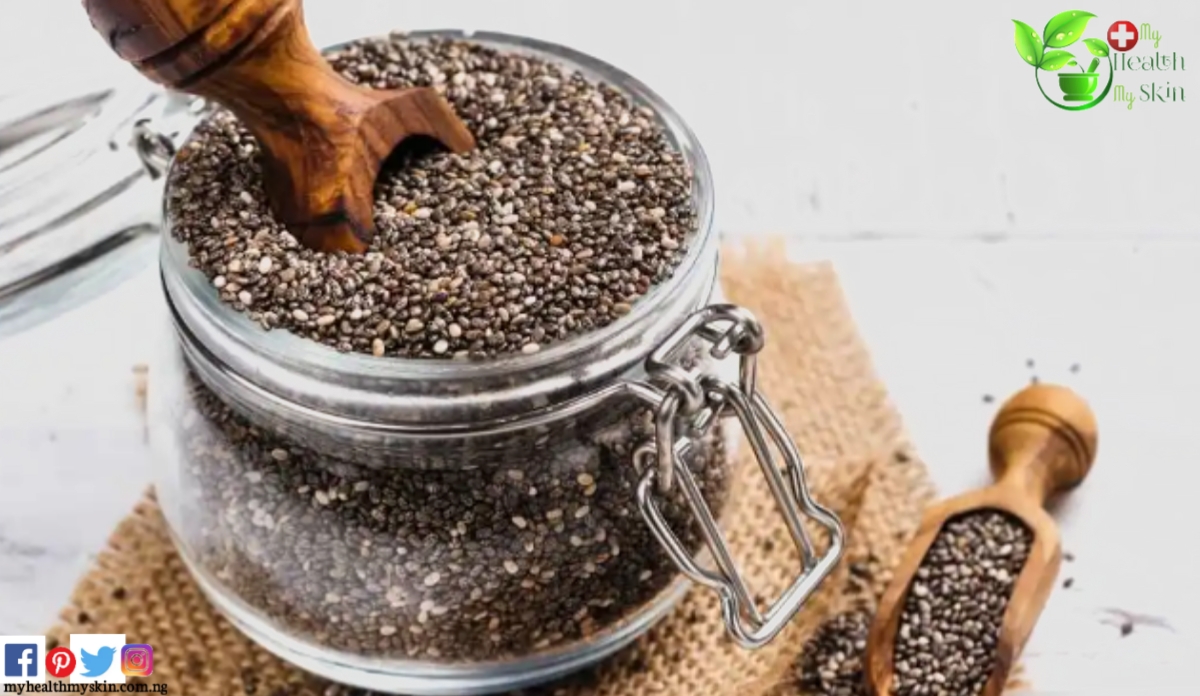Diabetes is a chronic disease marked by excessive blood sugar levels. It occurs when the body’s insulin synthesis is insufficient and/or the body’s cells do not respond to insulin appropriately.
Frequent urination, extreme thirst and hunger, excessive weight gain or loss, exhaustion, male sexual dysfunction and numbness in both hands and feet are some of the most typical symptoms. There are several forms of diabetes:
- The type 1 diabetes: this is caused by the body’s inability to manufacture insulin at all.
- The type 2 diabetes: this occurs when the body does not secrete sufficient insulin to operate properly.
- Gestational Diabetes: this is a kind of diabetes that affects women during pregnancy.
Diabetic eating plan
Diabetes patients can control their blood sugar levels by eating healthy foods. Diabetes does not have to imply a life of deprivation. People can learn to balance their meals and make healthy food choices while still enjoying their favorite foods. It is advisable for diabetic patients to take diets rich in vegetables, fruits, and healthful proteins as this can help manage their blood sugar levels.
Certain foods can help you maintain your health, improve your overall well-being, and avoid future complications by balancing your diet.
It is paramount to note that sugar levels can be raised by both sweet and starchy carbs, those with diabetes are advised to monitor the total amount of carbohydrates in a meal. Nonetheless, carbs can still be taken in their right proportion as part of a balanced meal plan.
Foods recommended for diabetic patients
Wheatmeal, Guinea corn, and unripe plantain fufu are some recommended staple foods (swallow) for diabetic patients.
On Stews and sauce, the following are recommended: tomato stew, garden egg stew, shredded chicken sauce, shrimp sauce, fresh fish sauce and smoked fish sauce.
Brown basmati rice and stew, unripe plantain porridge, moi-moi, boiled plantain with stew, roasted plantain with fish sauce, beans and plantain porridge, whole wheat, beans and bread are also highly recommended.
On snacks, the following local snacks are recommended: garden egg and groundnut, coconuts, boiled groundnuts, tiger nuts, pear (ube), cucumber, watermelon.
Recommended local drinks
Plain zobo without sugar, guinea corn qunu, millet qunu, youghurt (No sweetener added).
Recommended luxury foods
Isi ewu, nkwobi, cow leg, peppered snail, gizzard pepper soup, cow tongue, fish pepper soup, chicken pepper soup and snail pepper soup.
According to the American Diabetes Association (ADA), the major key to a beneficial diet for diabetic patients include: eating fruits and green veggies, lean protein, foods with less added sugar and avoidance of fatty foods.
Recommended fruits, veggies, lean protein and foods with less added sugar

Green vegetables
Green leafy vegetables are high in vitamins, minerals, and other nutrients with little or no effect on the blood sugar levels.
Leafy greens, such as spinach and kale, are a good supply of potassium, vitamin A, and calcium from plants. Protein and fiber are also included. It is also advisable for diabetics to incorporate green leafy vegetables in their diets like salads, soups, and dinners.
Combining them with a source of lean protein, such as chicken or tofu would be great and more beneficial.
Whole grains
Whole grains are typically rich in fiber. It also contains more nutrients than other refined grains (white).
For those with diabetes, eating a high-fiber diet is helpful because fiber slows down digestion. Slower nutrition absorption help to keep blood sugar levels constant.
White breads and rice have a higher glycemic index (GI) than whole wheat and whole grains. This entails lesser impact on sugar levels.
The following are some examples of whole grains to incorporate in your diet: Rice bread pasta made from either buckwheat, quinoa, millet, or bulgor. This can also be substituted for white bread and pasta.
Fatty fish
Fatty fish is another superb source of omega-3 fatty acids. Eicosapentaenoic acid (EPA) and docosahexaenoic acid (DHA) are significant omega-3 fatty acids found in fatty fish (DHA).
The ADA report that a diet high in polyunsaturated and monounsaturated fats can improve blood sugar control and blood lipids in people with diabetes.
Certain fish are a rich source of both polyunsaturated and monounsaturated fats and they include: salmon, mackerel, sardines, albacore tuna, herring, trout. People can eat seaweeds, such as kelp and spirulina, as plant-based alternative sources of these fatty acids. Instead of fried fish, which contains saturated and trans fats, people can try baked, roasted, or grilled fish. Pair with a mix of vegetables for a healthful meal choice.
Beans
Beans are a superb food option for people with diabetes. they’re source of plant-based protein, and that they can satisfy the appetite while helping people reduce their carbohydrate intake.
Beans also are low on the GI scale and are better for blood glucose regulation than many other starchy foods. It can also be added to salads. Also, beans may help people manage their blood glucose levels as the body digests them slower than it does carbohydrates.
Eating beans also can help with weight loss and will help regulate a person’s vital sign and cholesterol. There is a good range of beans for people to settle on from, including:
- Kidney beans
- Pinto beans
- Black beans
- Navy beans
- Adzuki beans
The common nutrients found in these beans are iron, magnesium, and pottasium.
Beans are a highly versatile food choice. People can include a spread of beans during a chili or stew, or in tortilla wraps with salad.
When using canned beans, make certain to settle on an option with no added salt. Otherwise, drain and rinse the beans to get rid of any added salt.
Walnuts
Nuts like walnuts are a great way to add variety to your diet. Nuts, like fish, are high in omega-3 fatty acids, which are good for the intestines.
Walnuts contain a lot of alpha-lipoic acid, which is an omega-3 fatty acid (ALA). ALA, like other omega-3 fatty acids, is essential for heart health in the long run.
Protein, vitamin B-6, magnesium, and iron are all important components found in walnuts.
Citrus
Citrus fruits have been found to have anti-oxidant properties, according to research. Citrus fruits such as oranges, grapefruits, and lemons have been proven to have anti-diabetic properties in studies.
Citrusfruits may be a fantastic method to get the vitamins and minerals you need from fruit without the carbohydrates.
Some experts suggest that the anti-diabetic properties of oranges are due to two bioflavonoid antioxidants termed hesperidin and naringin. If you are deficient of vitamin C, folate or potassium, then citrus fruits are what you need.
Berries
Berries are high in antioxidants, which may aid in the prevention of oxidative stress. Oxidative stress has been related to a variety of health problems, including heart disease and a few malignancies.
Chronic levels of oxidative stress have been discovered in diabetics according to studies. When antioxidants and unstable molecules called free radicals are not in balance, oxidative stress develops. Antioxidants and fiber are abundant in blueberries, blackberries, strawberries, and raspberries. Vitamin C, vitamin K, manganese, and potassium are among the vitamins and minerals found in them. Fresh berries can be added to breakfast, eaten as a snack, or frozen berries can be used in smoothies.
Sweet potatoes
The GI of sweet potatoes is lower than that of white potatoes. This makes them a great option for diabetics because they release sugar more slowly and don’t spike blood glucose to dangerous levels.
Fiber, vitamin A, vitamin C, and potassium are all abundant in sweet potatoes. Sweet potatoes can be baked, boiled, roasted, or mashed in a variety of ways.
Probiotic youghurts
Probiotics are beneficial bacteria that live in the intestines of humans and help with digestion and overall health.
In 2011, some research revealed that eating probiotic yogurt could help persons with type 2 diabetes lower their cholesterol levels. This may assist to reduce the risk of heart disease. People can choose for a sugar-free natural yogurt, such as Greek yogurt. Probiotic yogurts contain live and active cultures called Lactobacillus.
Chia seeds
Due of its high antioxidant and omega-3 content, chia seeds are often referred to as a superfood. They’re also a good source of fiber and plant-based protein.
Chia seeds can be sprinkled on top of breakfast or salads, used in baking, or mixed with water to make a dessert.
Health Advice: In conclusion, if you are diabetic, it’s best you get a healthcare professional to help you draft a private nutrition plan.
Eating healthy diets and including the foods listed above can help people with diabetes manage their condition and stop complications by way of: controlling their blood glucose levels, lowering inflammation, lowering the danger of heart condition, increasing antioxidant activity, reducing the danger of renal disorder.
Pregnant women with gestational diabetes can consult healthcare professionals to make a healthy diet plan which will help them and their baby stay safe and healthy.












